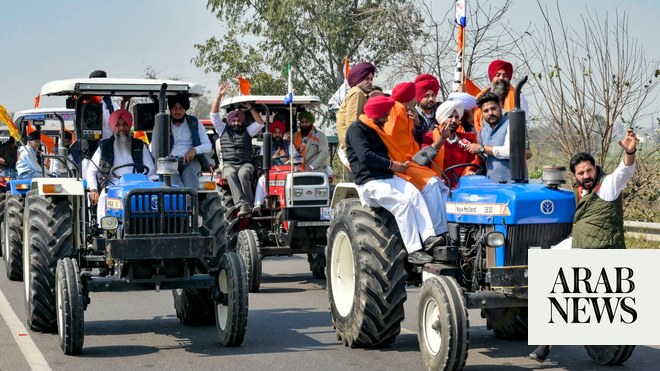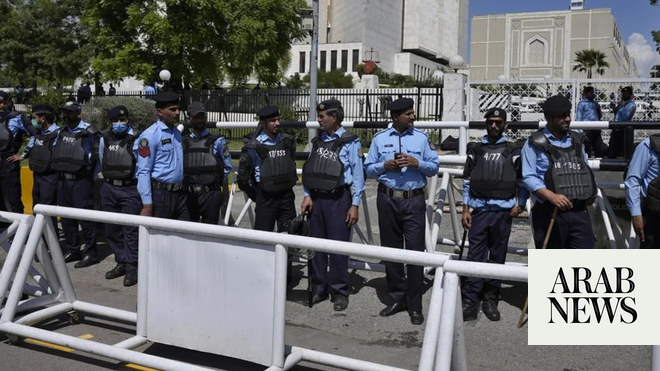
Pakistan Muslim League-Nawaz (PML-N) leading in province ahead of July 25 elections
Punjab is the main battleground for political parties to win maximum seats in the National Assembly to form a federal government
ISLAMABAD: The Pakistan Muslim League-Nawaz (PML-N), the country’s outgoing ruling party, remains the preferred choice among voters in Punjab for the July 25 elections, according to various surveys.
Forty percent of respondents in the province would vote for the PML-N, 26 percent for Pakistan Tehreek-e-Insaf (PTI) and 6 percent for the Pakistan Peoples Party (PPP), according to a poll by Gallup-Pakistan.
The province is the main battleground for political parties to win maximum seats in the National Assembly to form a federal government.
Punjab has 141 seats in the 272-seat assembly, Sindh province has 61, Khyber Pakhtunkhwa 39, Balochistan 16, the tribal areas 12 and Islamabad three.
All three major political parties — the PML-N, PTI and PPP — are still strong in the provinces where they formed provincial governments in the wake of the 2013 general elections, according to Gallup.
Nationally, 26 percent of respondents say they will vote for the PML-N this month, closely followed by PTI with 25 percent, according to Gallup.
But a Pulse Consultant poll shows PTI leading nationally with 30 percent, followed by the PML-N with 27 percent.
A poll by the Institute for Public Opinion Research (IPOR) focused exclusively on Punjab, and shows the PML-N leading in the province with 51 percent, followed by PTI with 30 percent and the PPP with 5 percent.
Representatives of Gallup-Pakistan and Pulse Consultant told Arab News that their polls followed international standards, and the margin of error is 2-3 percent.
Prof. Tahir Malik, a political analyst and academic, said the results of the polls come as no surprise to most Pakistanis as they already know that the PML-N is still strong in Punjab.
“PTI has made inroads in the province during the last five years, but still the party isn’t in a position to win maximum seats to form a federal government,” he told Arab News.
“Politics is a day-to-day affair, so nothing can be said with certainty. A lot of factors play their part in elections in Pakistan, so let’s see how things develop until July 25.”
Twenty percent of voters are undecided according to Gallup, and 14 percent according to Pulse Consultant.
Both pollsters say this may turn the vote count on election day in favor of either of the top two contenders.
Aasim Sajjad Akhtar, a political analyst and professor at Quaid-i-Azam University Islamabad, said public opinion polls for elections cannot be trusted as they reflect the views of a select group of people.
Citing the example of polls predicting a landslide victory for Hillary Clinton in the 2016 US presidential elections, he said such surveys have limitations and can only be used to gauge a trend for a limited period of time.
“The results of surveys can influence the opinion of silent voters if traditional and social media play them up in favor of a specific political party two to three days before election day,” Akhtar told Arab News.











